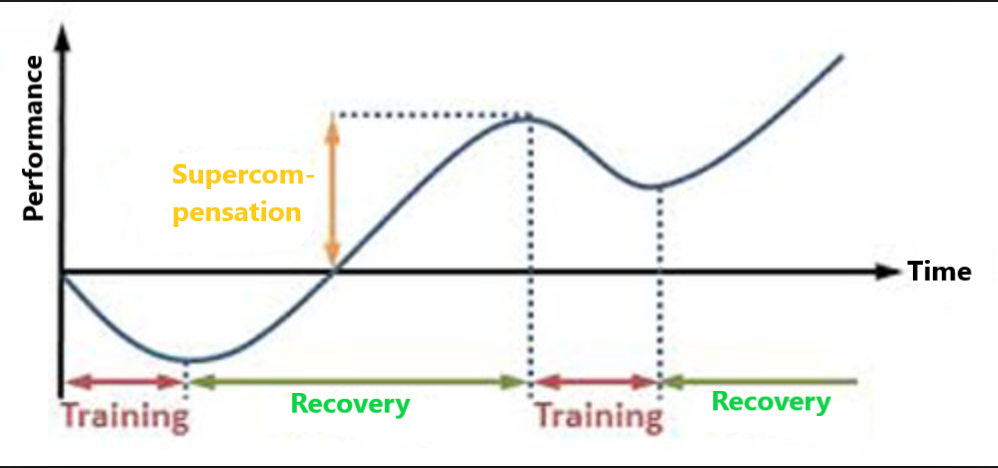Months of hard training are done and it is now only a couple weeks from the day of your main goal race. It is time to relax so you are fresh on race day. This is known as a taper. But what is tapering and why and how should you taper for a race?
Why Should I Taper
Sophisticated modern training plans are based on periodized training. In order to get better, you go through intense phases that tear up your muscles and recovery phases to let your body rebuild. This methodical process of break down and recovery is how athletes improve their performance. Hard training in the months leading up to a race is a prerequisite to being in good shape, but a final rest phase is also essential. You do not want to show up on race day exhausted from training. You want to be fresh and ready to go.

What is Tapering
Tapering is the final recovery phase before a race. The focus is first and foremost about being able to fully reach your current potential on day X. Both volume and overall intensity of training is reduced in this phase. This last stage just before the real thing is an enormously important phase. At this point, you can’t improve much, but you can make a lot worse in the last two weeks if you don’t taper correctly.
For even more details, you can read our post on Peaking and Tapering.
How to Taper
As with all things in training, the specifics of the taper phase is highly individual. You can not just say the last 14 days of training should look like this for everyone. The length and specific content of your taper depends on many factors. For example, it depends on your training history and goals. This is why training with a personal dynamic training plan with 2PEAK is the best option. 2PEAK considers all of the variables specific to your training and give you a plan that will make you as ready as possible on race day.
As a basic rule, you should reduce the training volume before your big goal. This is true for all those who normally do a training volume of more than 4-5 hours per week. The more you train normally and the longer your goal race, the more crucial it is to recover well before the race. Athletes who normally train up to three times a week for 45-60 minutes do not need to reduce too much, especially for a short race. Athletes training for longer races or at a higher volume should drastically reduce training volume in the last two weeks.
The most common mistake in the taper phase is being too impatient. After all the exhausting weeks of training and preparation, athletes often feel they will lose fitness if they reduce their training. In any case, completely exhaustive and draining workouts should be avoided in the last two weeks. On the other hand, fast (and therefore short) units and technique training, are not only allowed, but are encouraged. This will help you maintain a good sense of movement.
